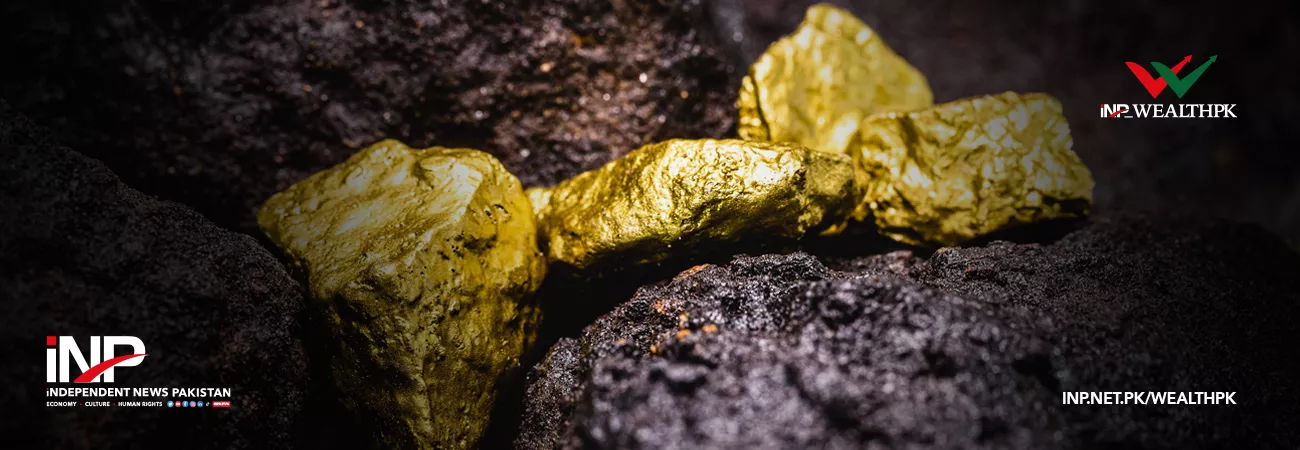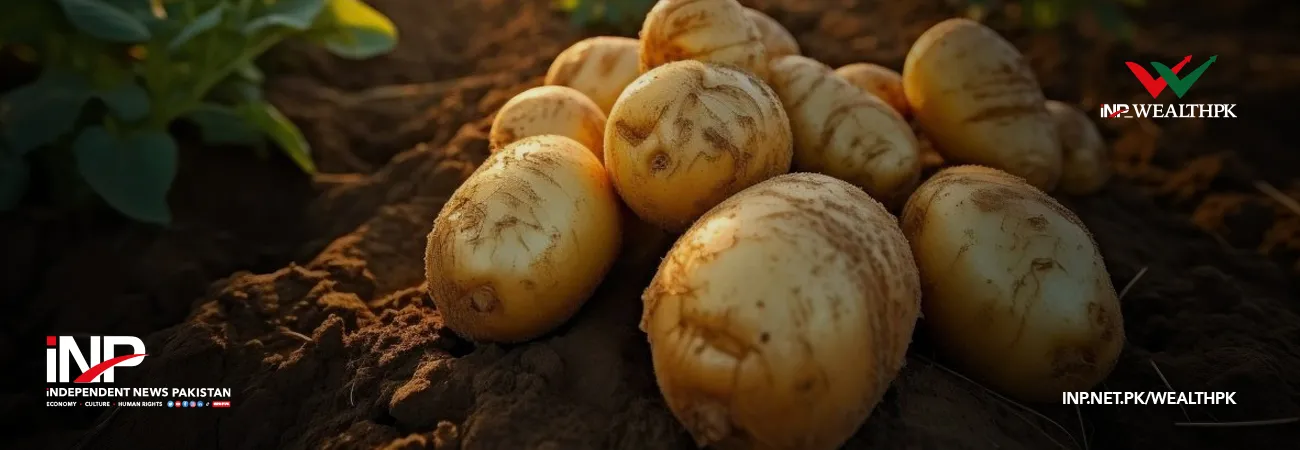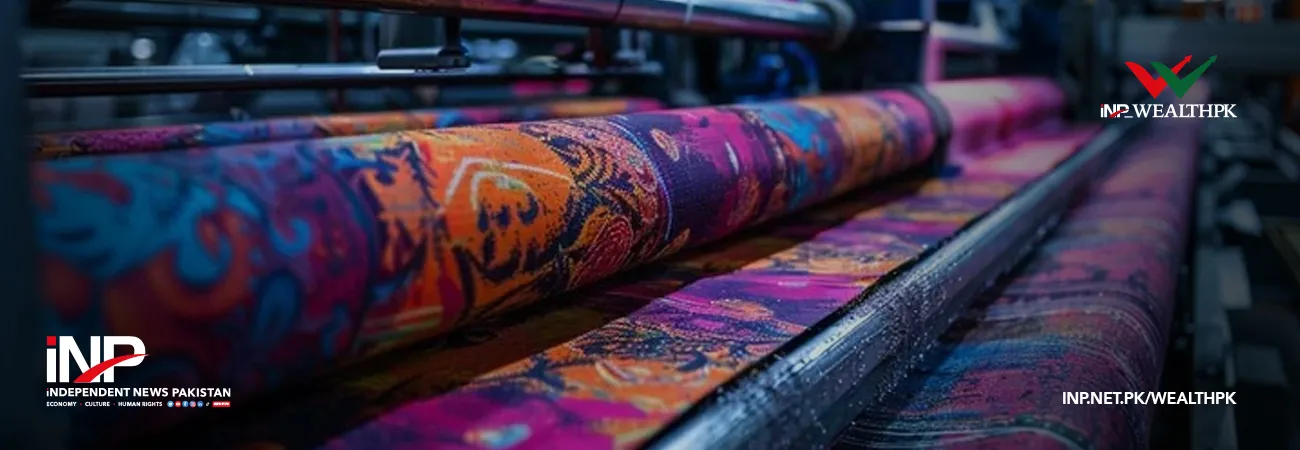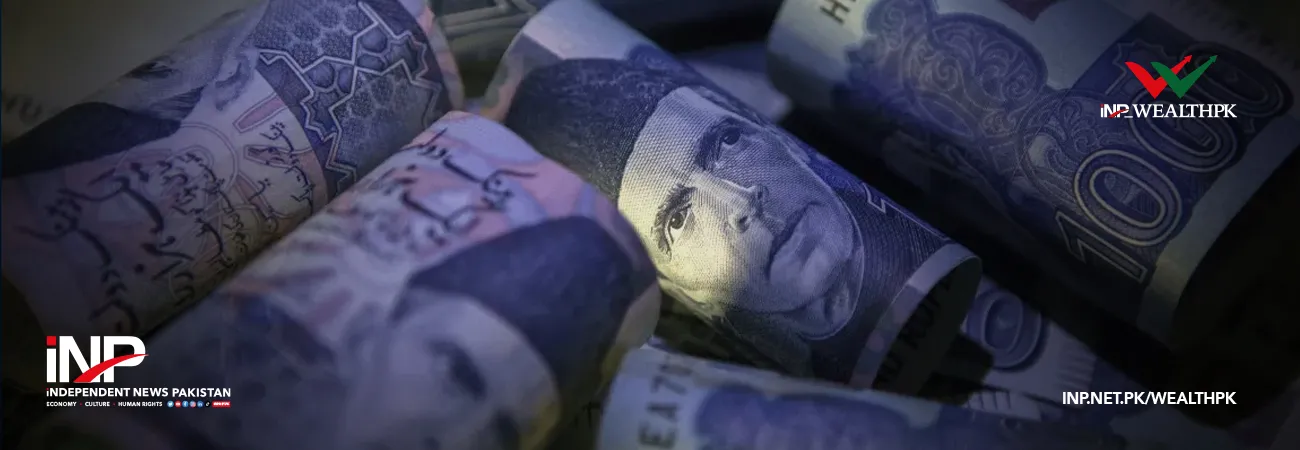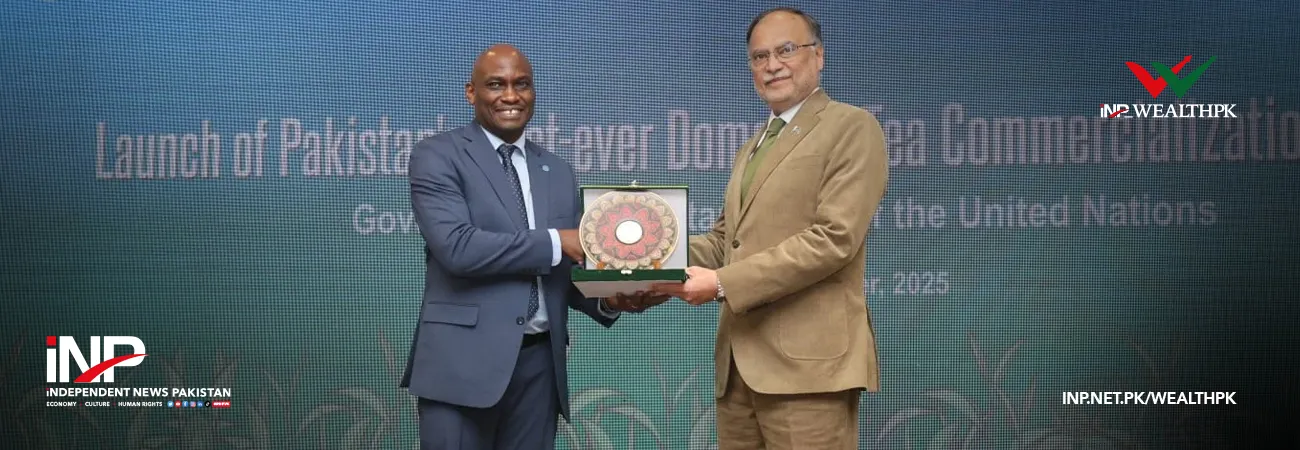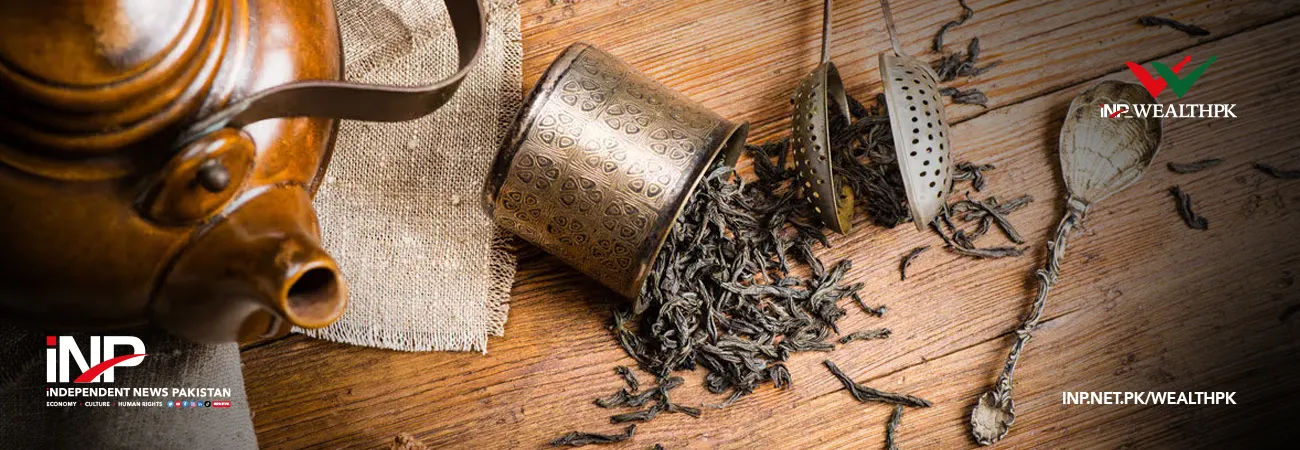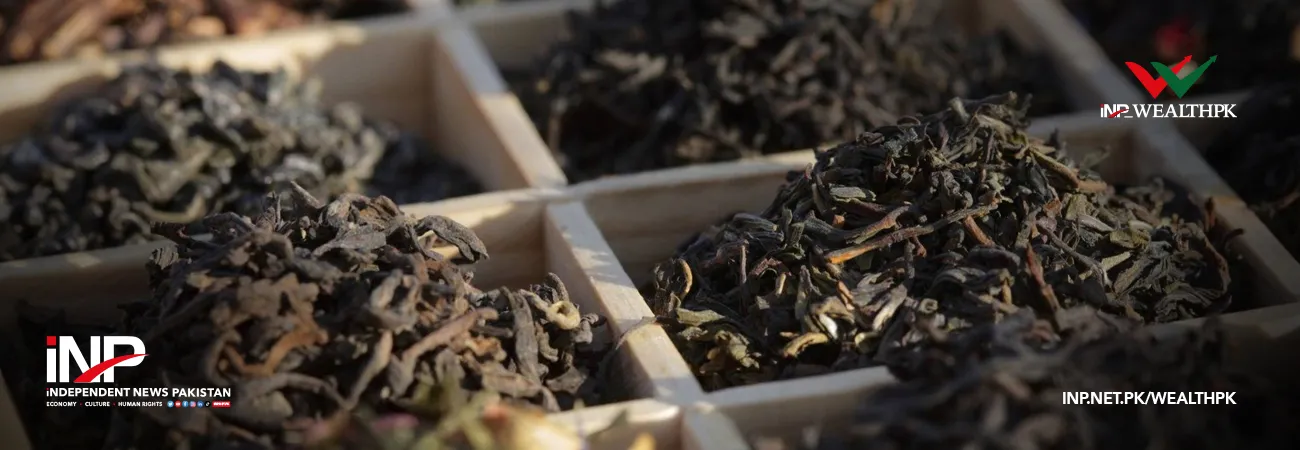INP-WealthPk
Faiza Tehseen
Mercury, which is also sometimes called quicksilver due to its liquid metallic appearance, is widely used in different industrial segments in Pakistan. A principal source mineral of mercury is called cinnabar, which is formed in both metamorphic and igneous rocks. However, there is no formal mechanism at the government level in the country to extract the mineral, and the country has to import it at great expense to meet local demand.
Discussing the matter with WealthPK, Yaqoob Shah, a principal geologist at Global Mining Company Limited, Islamabad, said the exploration and extraction of mercury is very important for Pakistan. He recalled that from 1992 till 2001, the government conducted a study with the cooperation of the Australian government to know about all mineral sources found in Gilgit-Baltistan (GB) and Chitral.
“During this study, traces of cinnabar were clearly detected in many samples, but it was not quantified separately. This is the main reason that the true potential of the mineral could not be defined, but GB and Chitral are its targeted areas. If formal exploration is carried out, it is expected that Pakistan can find another wealth in the form of cinnabar to extract mercury, a precious industrial element,” explained Yaqoob Shah, who is also a member of National Council for Marble & Granite and Minerals, and former general manager of geology at Pakistan Mineral Development Corporation.

Geologist and miner Imran Babar told WealthPK that cinnabar is the most common ore to refine the elemental mercury and is also considered an ancient source of scarlet pigment ‘vermilion’. “Its 94% recovery is possible through bulk flotation of cinnabar-stibnite ore followed by fluidized-bed roasting of concentrates.
This treatment is economically, mechanically, and metallurgically feasible. Though no large-scale exploration and mining is carried out at the government scale, it is mined to some extent at private level. Mostly, it is found in volcanic cracks and mined from there. Cinnabar available in Pakistan is good enough to meet domestic industrial needs and cut back on the import bill of mercury.”
Mercury is widely used for many industrial purposes. Being a good electricity conductor, it is frequently used in batteries and switches, mercury relays, LCD screens and monitors, laptop screen shutoffs, and fluorescent lamps. Mercury is largely used to amalgamate silver and gold. It is used to produce batteries, caustic soda, chlorine gas, etc. The high density of mercury makes it ideal for use in thermometers, manometers, sphygmomanometers, barometers, float valves, and many other devices. It is also used during oil and gas drilling; as a catalyst in oil and gas refineries, and as a fungicide to protect plants and seeds.
Taking 2021 as the base year, the global market of mercury worth $77 million is projected to reach $115 million by 2028 at a compound annual growth rate of 5.80%. Quicksilver is an extremely rare element in the earth’s crust, found with a mass of 0.08 parts per million (ppm). In 2021, the UAE, Nigeria, India, China, Russia and Kyrgyzstan were the largest exporters of mercury in the world. Pakistan can be one of them if it focuses on proper exploration, quantification and extraction of mercury. Pakistan can also get help and expertise from countries like China.
Credit : Independent News Pakistan-WealthPk



